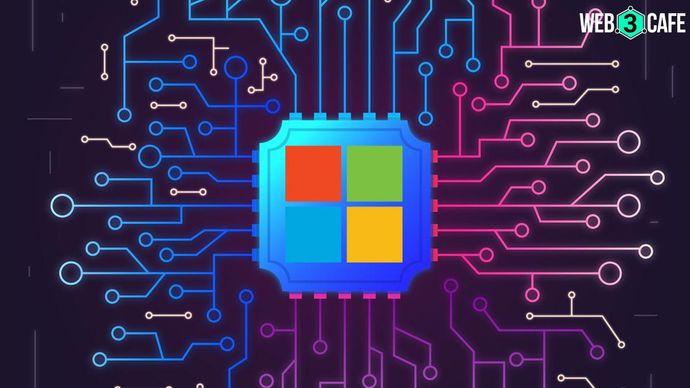Microsoft to introduce its new chipset ‘Athena’ similar to Nvidia GPU to train its AI
Microsoft's 'Athena' AI chip aims to reduce reliance on Nvidia, entering the AI chip arena against Nvidia's H100 GPU

Highlights
- Microsoft to introduce new AI chip similar to Nvidia
- Athena is expected to go head-to-head with Nvidia's H100 GPU
- Microsoft new AI chip launch has not been confirmed yet
Microsoft’s commitment to artificial intelligence (AI) is taking a giant leap forward with the rumoured introduction of a groundbreaking AI chip, codenamed ‘Athena’. This chip could reshape the landscape of AI technology and reduce Microsoft’s reliance on Nvidia.
Microsoft is reportedly gearing up to unveil the ‘Athena’ AI chip, aimed at diminishing its dependence on Nvidia technology. This move comes in response to the surging demand for Nvidia GPUs and the growing scarcity of supply. With Athena, Microsoft aims to ensure a steady flow of AI-powered devices.
Competition in the AI chip arena
Athena is expected to go head-to-head with Nvidia's H100 GPU, a powerhouse currently favoured by Microsoft and various cloud providers. These GPUs play a vital role in large language models (LLMs) and AI software, making them essential components in today's AI-driven world.
The big reveal
Microsoft has strategically planned to unveil Athena at its Ignite conference, scheduled from 14 November to 17 November. This announcement signifies Microsoft's commitment to meeting the surging demand for AI capabilities, potentially opening new doors for the tech giant.
Developing Athena not only reduces Microsoft's reliance on external suppliers but also offers cost-efficiency and enhanced chip performance for its cloud services. This development aligns with a broader trend, as other tech giants like Google and Amazon are also exploring the development of their AI chips, contributing to the growth of the AI chip market.
While Microsoft is yet to confirm the official launch date for Athena, the tech world eagerly anticipates its arrival. This development signifies a significant step in Microsoft’s AI journey and has the potential to reshape the AI industry, making AI technology more accessible and dynamic for various applications.
